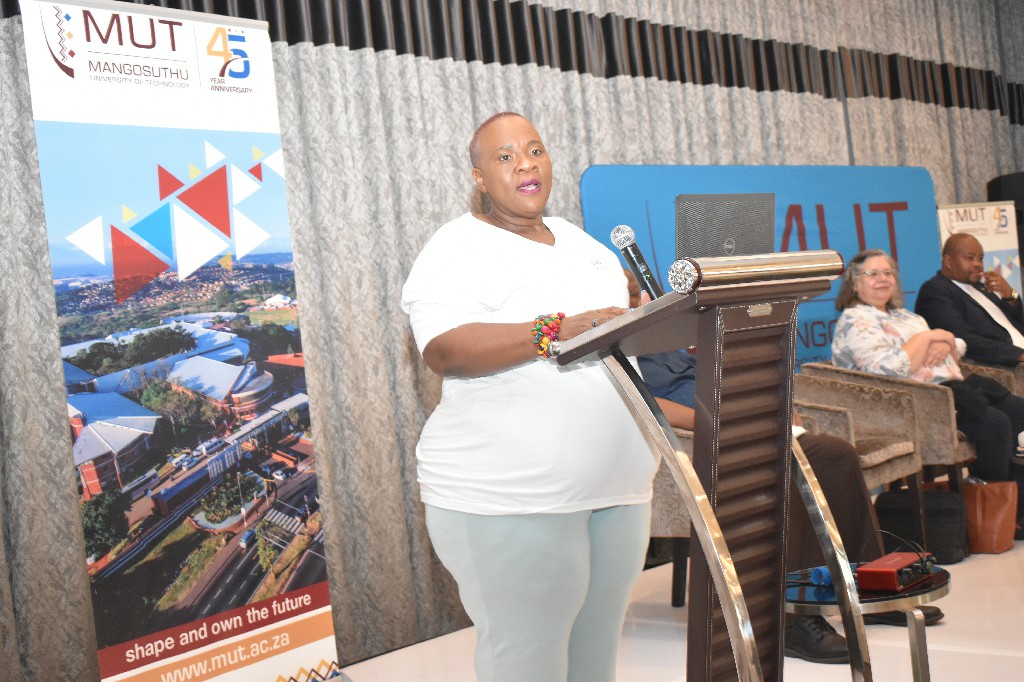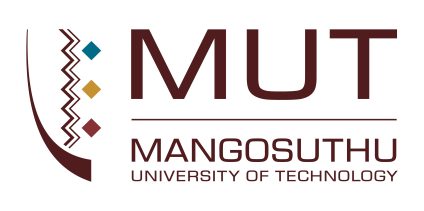
When Professor Nokuthula Sibiya took over the reins in August last year, she promised significant changes at the University. Since then, she has been actively rolling out a plan presented during her campaign for the Vice-Chancellor and Principal position. A crucial part of this plan is the creation of a new strategic roadmap, as the previous one will come to an end in 2025. The effort to develop the 2026-2030 plan, also called ‘Vision 2030,’ is well underway. The Directorate of Institutional Planning and Research (DIPR) has been consulting with stakeholders, predominantly staff and students, to assemble this plan, which is still in progress. The latest of these consultation meetings took place on 30 May 2025, off campus.
Professor Sibiya highlighted a significant milestone during her address: “Today marks a turning point in the history of MUT. As we officially launch Vision 2030, we do so not only with renewed strategic ambition but with the deep knowledge that we are stepping into a global conversation—one in which MUT’s voice is finally being heard, loud and clear, on the world stage.”
A key aspect of Vision 2030 is the drive to forge strong connections with the international community, particularly in higher education. Professor Sibiya has been engaging with members of this sector to share the MUT story, positioning the University for meaningful developments, including research collaborations, staff and student exchanges, and significant partnerships focused on Artificial Intelligence (AI).
Professor Sibiya recently noted, “We were profiled in the Arizona Informant, one of the United States’ most influential African American newspapers. That’s more than a headline—it’s a historic moment. A historically disadvantaged institution, born out of discrimination, is now being celebrated internationally for its innovation and global vision.”
Professor Sibiya shared her pride in being MUT’s first female Vice-Chancellor, emphasizing the importance of representation: “For a woman from Umlazi, leading a South African university, to be profiled in a US publication read by African-American communities—this is not just personal; it is profoundly political. It tells every young girl in our communities that they, too, belong in boardrooms, in laboratories, and on global stages.”
This recognition came alongside the signing of a “groundbreaking” Memorandum of Understanding with DS Innovation, a US-based tech leader, during MUT’s official visit to New Orleans, Sacramento, and San Francisco. This partnership places MUT at the forefront of AI integration in higher education, opening doors for transformative research and opportunities between South Africa and the United States.
“This moment is the realisation of a goal MUT set under Strategy 2025: targeted national and international engagements. It is only the beginning. With a significant international AI summit planned for next July, we are ensuring that Durban becomes a hub for global academic exchange and technology-driven development,” added Professor Sibiya.
Vision 2030 is about reclaiming a space for a university that was once excluded but is now at the forefront of innovation. It’s about students who were once overlooked now shaping the future, turning inherited disadvantage into global distinction. “To our students, academics, and partners—you are the heartbeat of this vision. Thank you for walking this journey with me. We are MUT. We are rising. And the world is watching,” she concluded.
